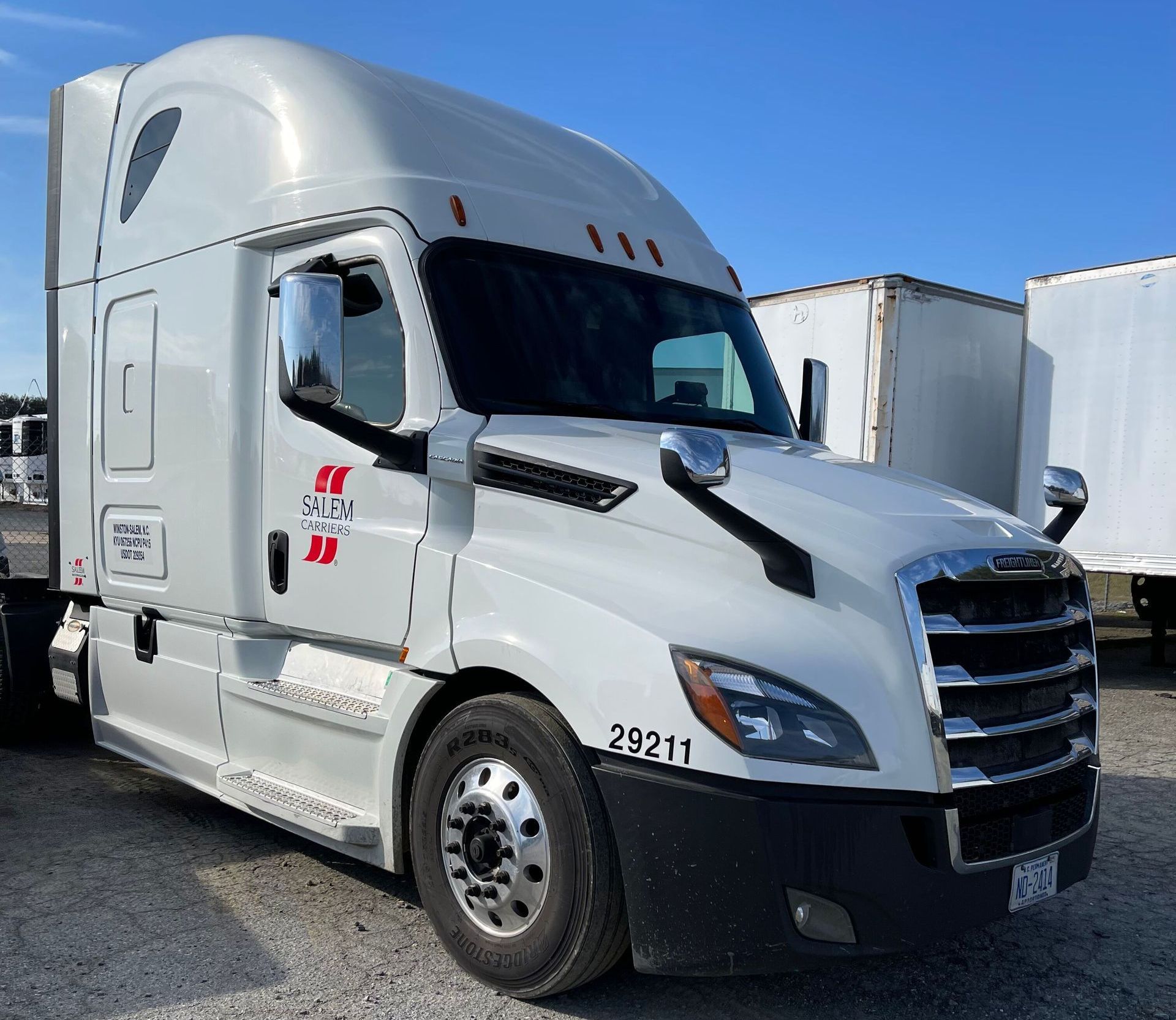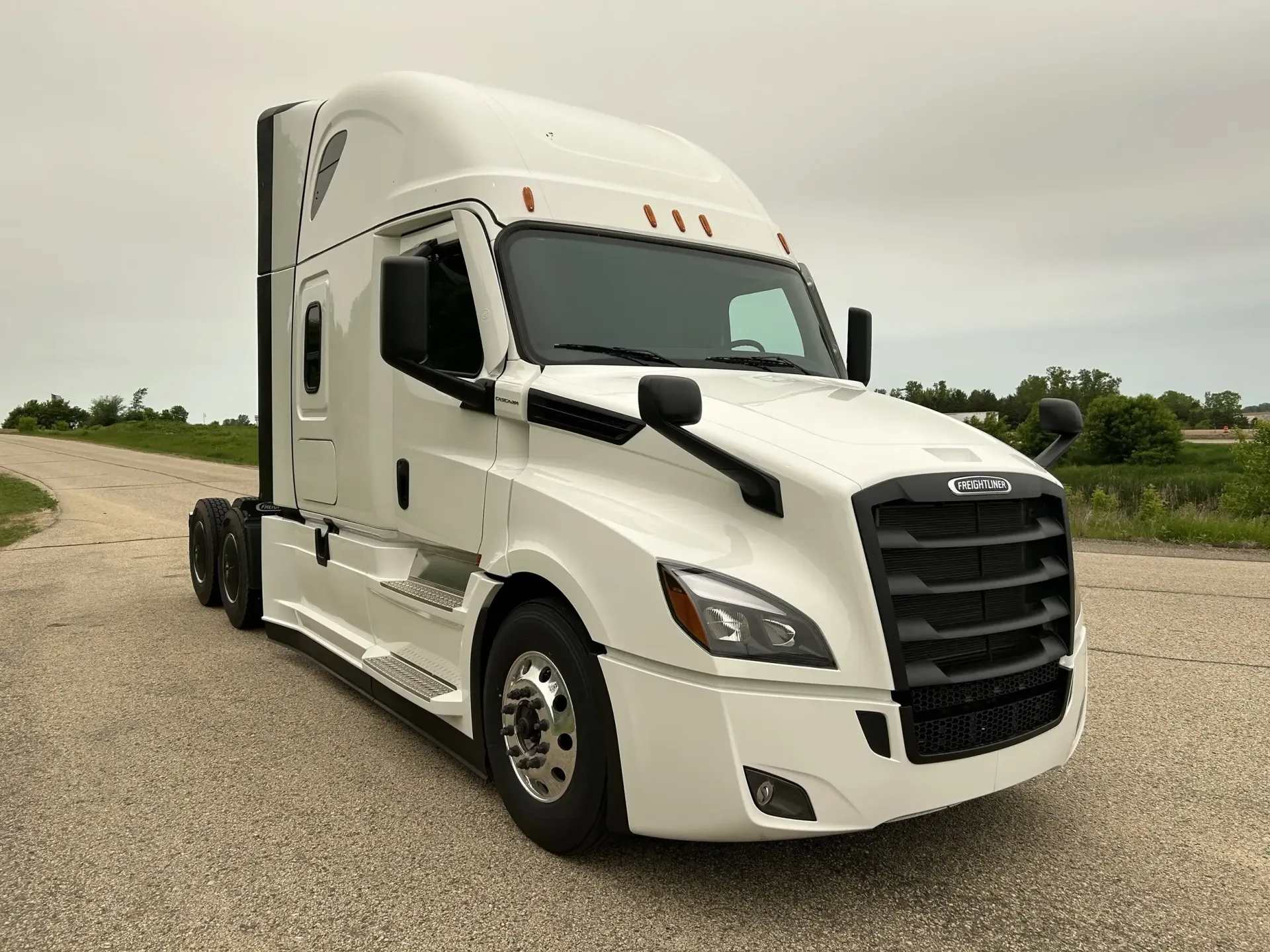Benefits of Converting a private fleet to a Dedicated Contract Carrier Operation
Converting a private fleet to a Dedicated Contract Carrier (DCC) model can offer several benefits to a business. Here are some compelling reasons why a private fleet might consider making this transition:
List of Services
-
1. Cost EfficiencyList Item 1
• Reduced Capital Investment: By outsourcing transportation to a DCC, the company can avoid the upfront costs associated with owning and maintaining a private fleet, including purchasing vehicles and managing a dedicated driver workforce.
• Economies of Scale: DCCs often operate larger fleets, benefiting from economies of scale. This can result in lower operational costs for fuel, maintenance, and other resources.
-
2. Focus on Core CompetenciesList Item 2
• Core Business Focus: Outsourcing transportation allows the company to concentrate on its core business activities. It frees up resources, time, and management attention that would otherwise be dedicated to running and optimizing a private fleet.
-
3. Flexibility and ScalabilityList Item 3
• Adaptability: DCCs offer flexibility in adapting to fluctuations in shipping demands. They can quickly adjust the fleet size and resources based on the client's needs, providing scalability that may be challenging with a fixed private fleet.
-
4. Risk MitigationList Item 4
• Reduced Operational Risks: Outsourcing to a DCC transfers operational risks, such as vehicle maintenance, driver management, and regulatory compliance, to the service provider. This can help mitigate risks associated with fleet management and regulatory changes.
-
5. Access to Expertise and Technology
• Industry Expertise: DCCs specialize in transportation and logistics, bringing industry expertise to the table. This can result in more efficient route planning, optimized logistics, and better overall transportation management.
• Advanced Technology: DCCs often invest in state-of-the-art technologies for fleet management, tracking, and optimization. Clients benefit from access to these technologies without having to make substantial investments themselves.
-
6. Cost Predictability
• Fixed Costs: With a DCC model, costs are often more predictable and can be structured as fixed fees or rates. This helps companies budget more effectively without the variability and uncertainties associated with running a private fleet.
-
7. Regulatory Compliance
• Outsourced Compliance Management: DCCs typically have dedicated staff to manage regulatory compliance, ensuring that the fleet adheres to transportation laws and regulations. This can be especially critical in industries with complex regulatory requirements.
-
8. Environmental Sustainability
• Shared Resources: DCCs can optimize routes and resources, contributing to a more sustainable and environmentally friendly transportation model. Shared transportation resources often result in reduced fuel consumption and emissions.
-
9. Adoption of Green Initiatives
• Fleet Modernization: DCCs may be more inclined to invest in newer, fuel-efficient, and environmentally friendly vehicles. This can support a company's sustainability goals without the need for significant fleet modernization investments.
-
10. Improved Service Levels
• Specialized Services: DCCs can provide specialized services tailored to the specific needs of the client, leading to potentially improved service levels and customer satisfaction.
The decision to convert a private fleet to a Dedicated Contract Carrier model depends on various factors such as the company's specific needs, industry requirements, and strategic goals.
Contact Salem Carriers to discuss more about leveraging the benefits of converting your fleet to a
Salem managed Dedicated Fleet and enjoy the benefits of managing your business while we handle your transportation!







